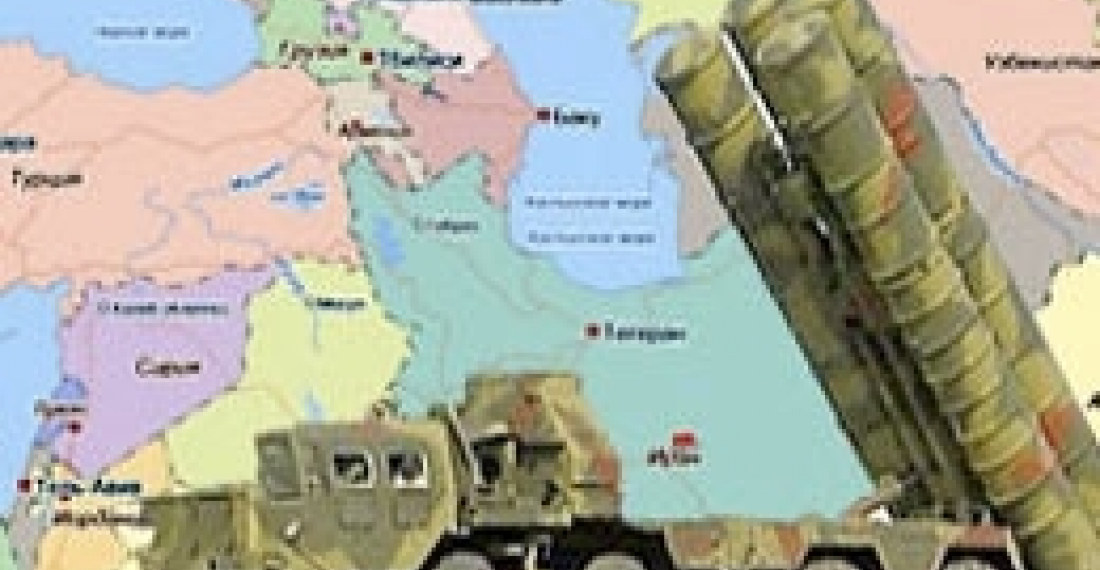The combat characteristics of S-300 complexes in case of their dislocation in Syunik region allow covering the air space of the Nagorno-Karabakh Republic, military expert Arkady Grigoryan told ArmInfo when commenting on the publication of the US-based open-source military analysis IMINT & Analysis.
Turan says that the analysis of recent imagery acquired from various sources highlights air defense developments in the Caucasus region. In its most recent research, the US-based open-source military analysis IMINT & Analysis, based on the Google Earth satellite imagery of air defense systems, examines Russian and Armenian air defense postures in the Caucasus region.
Grigoryan stressed that the presence of S-300 complexes in Armenia is nothing new and should amaze nobody. He also confirmed that the quantity of the complexes has increased over the past few years.
Turan quotes Sean O'Connor, a subject matter expert in the fields of air defense and strategic warfare, as saying: "Imagery from TerraServer and Bing Maps provides the first look at newly identified active S-300PS (SA-10B GRUMBLE) complexes in Armenia and the Georgian province of Abkhazia. Both locations represent significant deployments for differing reasons".
Prior to 2008, Armenia imported components for at least three S-300PT (SA-10A GRUMBLE) batteries, displacing S-125 (SA-3 GOA) batteries defending the capital of Yerevan, according to the source.
By 2010, Russia delivered an additional pair of S-300PS batteries, reportedly deployed in the eastern Syunik Province. The two sites, near Goris in the north and Kaghnut in the south, both reside within seven kilometers of the border with Nagorno-Karabakh.
"Only the Kaghnut battery resides on a prepared site, the complex specially designed to accommodate the local terrain. Both batteries employ a 5N63S mobile engagement radar and mast- mounted 5N66M low-altitude EW radar", the source mentioned.
"As imaged in 2011, the Goris battery currently operates four 5P85S/D TELs, with the Kaghnut battery operating eight. Additionally, both batteries displaced aging 2K11 (SA-4 GANEF) units. The status of the displaced 2K11 batteries remains unknown". Deployment of the mobile S-300PS batteries in Syunik province places the entire Nagorno-Karabakh region under the protection of Armenia's air defense network, according to the analyst.
The siting of the S-300PS batteries permits target track assignment from either the Yerevan- based 64N6 battle management radar or a Nagorno-Karabakh-based 36D6 EW radar. Furthermore, the current siting of the S-300PS batteries closes a pre-existing air defense gap, allowing Armenia to deny air travel into the Azeri province of Nakhchivan.
Military expert: Combat characteristics of S-300 complexes in case of their dislocation in Syunik province allow covering Karabakh's air space
Military expert: Combat characteristics of S-300 complexes in case of their dislocation in Syunik province allow covering Karabakh's air space







